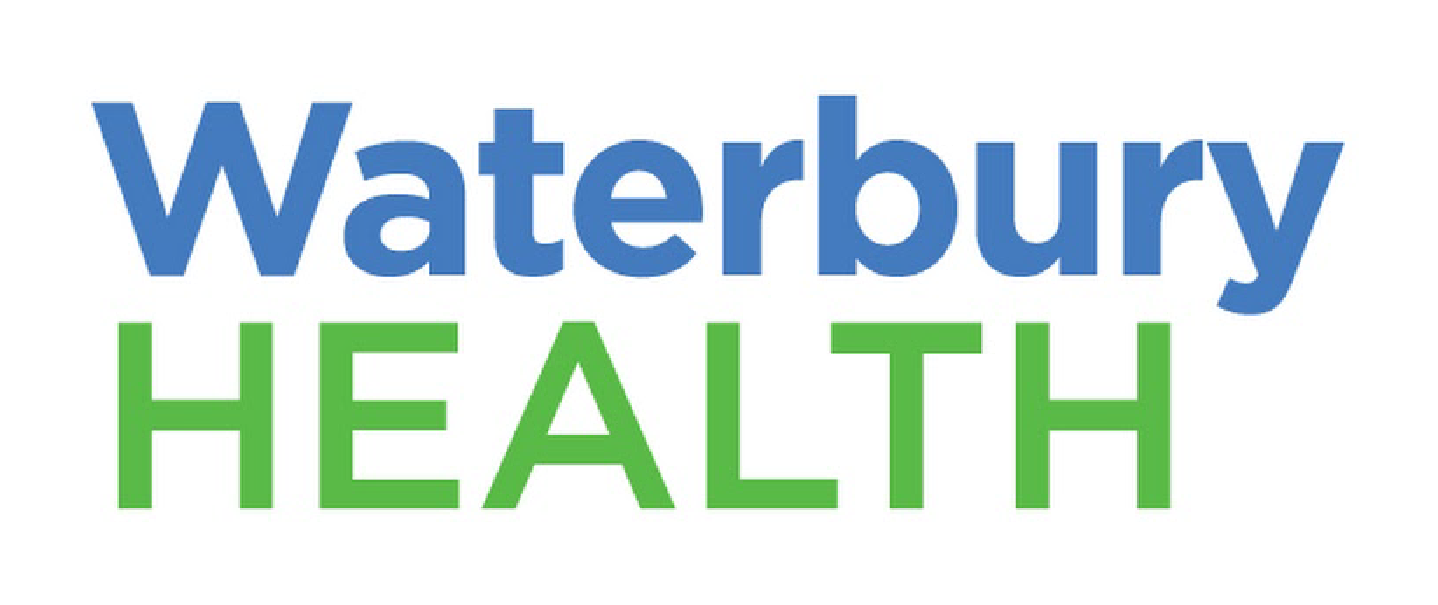Pay Attention: Your Body May Be Trying to Tell You Something!
One of the best pieces of advice for any woman when it comes to safeguarding their health is: Pay attention to your body!
Sometimes our bodies give us signs or signals about changes that are occurring within us before we’re aware of them by other means. It’s important to be able to recognize these potential symptoms of disease and report them as soon as possible to your health care provider.
This is especially true when it comes to ovarian cancer. September is Gynecologic Cancer Awareness Month and the perfect opportunity to talk about protecting women from cancers of the female reproductive system. In addition to ovarian cancer, these include cancers of the cervix, fallopian tubes, uterus, vulva, and vagina.
According to the CDC, approximately 89,000 women are diagnosed with gynecological cancers every year, and more than 29,000 die from it. While the American Cancer Society estimates ovarian cancer accounts for about 3% of cancers in women, it causes more deaths than any other gynecological cancer. This year, an estimated 12,810 will lose their lives to it.
The good news is that, when ovarian cancer is diagnosed and treated early, the five-year survival rate is over 93%. Unfortunately, there is no consistently reliable screening test for ovarian cancer in women who do not have any symptoms. As a result, only 20% of all cases are found early. This is why being self-aware about changes in your body is so important.
Risk Factors for Ovarian Cancer
According to the CDC, most women who get ovarian cancer are not at high risk. However, there are several factors that may increase their risk, including if they:
- Are middle-aged or older
- Have a close family member on either their mother’s or father’s side who have had ovarian cancer
- Have a genetic abnormality called BRCA1 or BRCA2 or a mutation associated with Lynch syndrome (a hereditary condition that increases the risk of getting colorectal and other cancers)
- Have had breast, uterine, or colorectal cancer
- Have an Eastern European or Ashkenazi Jewish background
- Have endometriosis (an often-painful condition in which tissue that normally lines the uterus grows outside the uterus)
- Have never given birth or have had trouble getting pregnant
Symptoms of Ovarian Cancer
Here are some signs and symptoms to watch for that could be indicators of ovarian cancer:
- Unusual vaginal bleeding, particularly post menopause, or abnormal vaginal discharge
- Pain or pressure in the pelvic area
- Abdominal or back pain
- Abnormal abdominal bloating
- Difficulty eating or feeling full unusually quickly
- More frequent need to urinate and/or constipation
It’s important to stress that having these symptoms does not necessarily mean you have ovarian cancer. They could be indications of another condition. But if you have unusual vaginal bleeding, you should see your doctor right away. And if any of the other symptoms persist for two weeks or longer, you should have them checked out by your health care provider.
Your doctor may perform a pelvic exam or a transvaginal ultrasound to examine your ovaries and other reproductive organs for signs of unusual changes. A CA-125 blood test, which measures the level of a protein found in women with cancer of the ovaries and fallopian tubes, may also be performed, although it is not routinely used. Treatment for ovarian cancer may involve a combination of surgery, chemotherapy, and radiation therapy.
Reducing Your Risk?
While there is currently no known way to prevent ovarian cancer, there are some things that are associated with a lower risk of developing it. These include:
- Having used birth control pills for five years or longer
- Having had a tubal ligation, both ovaries removed, or a hysterectomy
- Having given birth
- Breastfeeding
Obviously, there are many risks and benefits associated with each of these – for example, using birth control pills can increase your chance of getting breast cancer – so it’s important that you discuss them with your doctor. It’s also important to note that while you may be able to lower your risk of ovarian cancer, there is no guarantee that you will not get it.
Until a reliable screening test for ovarian cancer is developed, staying vigilant and watching for unusual changes in your body should be a key part of every woman’s personal health care routine.
Remember: Pay attention to your body – it may be trying to tell you something!
